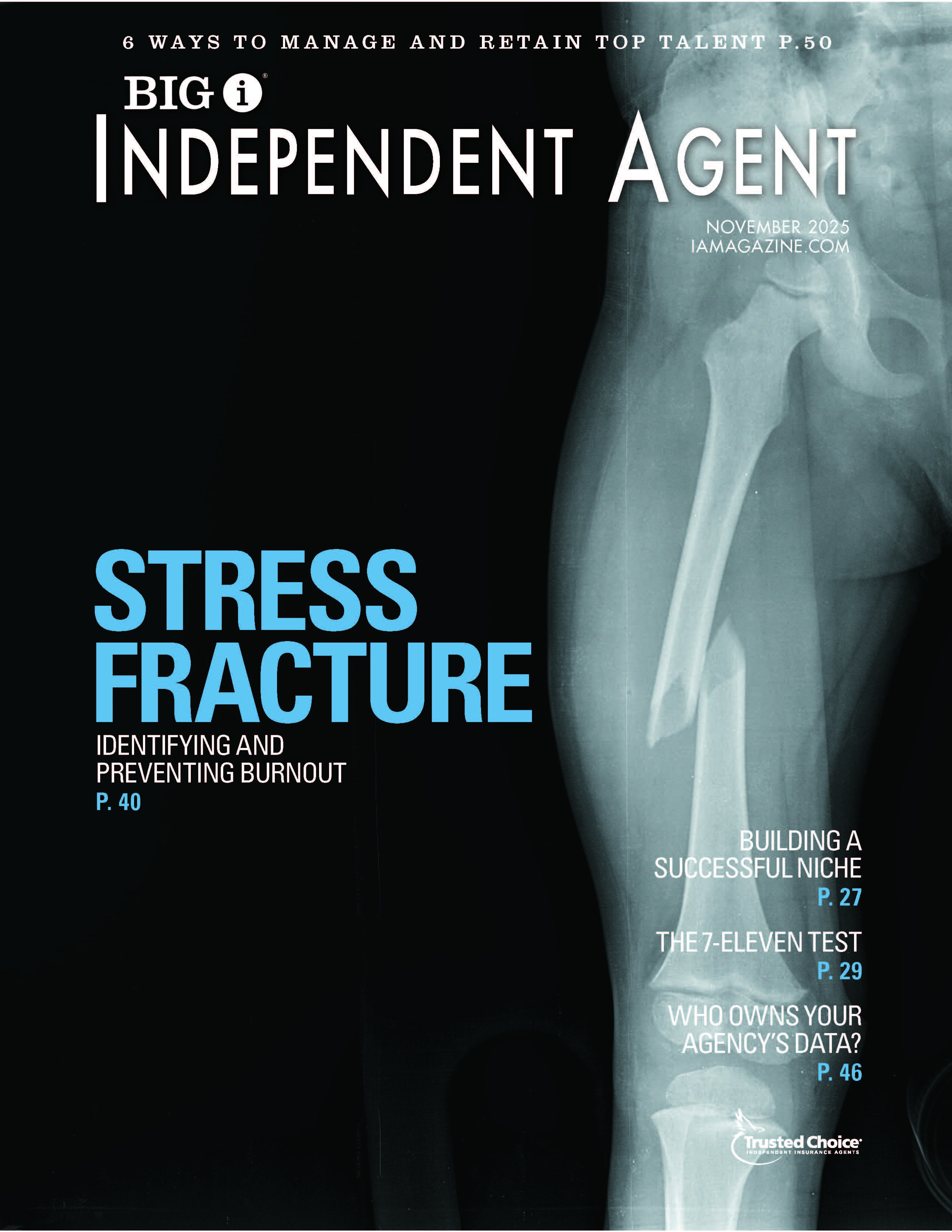Insuring a High Net-Worth Client’s Home Owned by a Trust

By: Big “I” Virtual University Faculty
A high net-worth prospect lives in a home that is owned by a trust in their spouse’s name. This has been done many times around the area by an attorney with high net-worth clients. The agent received the declaration pages on their property and can’t see the trust listed as an insured entity.
Q: How do I make sure the trust and the individuals are covered on the homeowners policy?
Response 1: This is more common these days. Typically, the homeowners contract language is designed for risks of individual persons, not entities. Most carriers will not put a trust or entity as the named insured. They will write the homeowners policy in the names of the individuals—typically the trustee or beneficiary and their spouse—and then add an endorsement to include the trust’s interest in the property and liability risks arising out of the property itself, but not other risks of the trust.
Different insurers have proprietary endorsements. Ask yours about their endorsements to address the trust ownership.
Response 2: The named insured is always a person or persons. The trust can be added via the HO 04 41 – Additional Insured endorsement or the HO 05 43 – Residence Held In Trust endorsement.
Response 3: Is the homeowners policy an ISO 1991, 2000, 2001 or 2011 version? The 1991 has no eligibility category for trusts and the proper way of insuring the house is a dwelling policy for the real estate and an HO-4 for the occupants. The 2000 and 2001 versions have the trust and trustee listed in the declarations and the residence held in trust endorsement to modify the policy for the trust and resident relatives if the trustee is not a resident of the home. The 2011 version would list the spouse and then have the trust endorsement, which addresses the modification, made only for the trust and the trustee.
Response 4: The trust should be listed as an insured on the policy, usually by endorsement. The declarations pages you saw might not list all the endorsements. You need to see the complete policy before you toss the old agent under the bus.
Response 5: Most homeowners insurance companies have a form for that purpose. Talk to your underwriter to make certain all interests are covered. And while you’re at it, check on the vehicle registrations. We’ve run into situations where attorneys have directed clients to title their cars in the trust’s name—boats too.
Response 6: Deal with a carrier that specializes in such clients. Believe me, there is a huge difference in their perception of your client.
Response 7: Carriers have different ideas on this. Some have an endorsement that names the trust. Other carriers advise listing the trust as an additional insured. This question is best answered by your underwriter from the carrier that you and the insured select.
This question was originally submitted by an agent through the Big “I” Virtual University’s (VU) Ask an Expert service, with responses curated from multiple VU faculty members. Answers to other coverage questions are available on the VU website. If you need help accessing the website, request login information.
This article is intended for general informational purposes only, and any opinions expressed are solely those of the author(s). The article is provided “as is” with no warranties or representations of any kind, and any liability is disclaimed that is in any way connected to reliance on or use of the information contained therein. The article is not intended to constitute and should not be considered legal or other professional advice, nor shall it serve as a substitute for obtaining such advice. If specific expert advice is required or desired, the services of an appropriate, competent professional, such as an attorney or accountant, should be sought.










